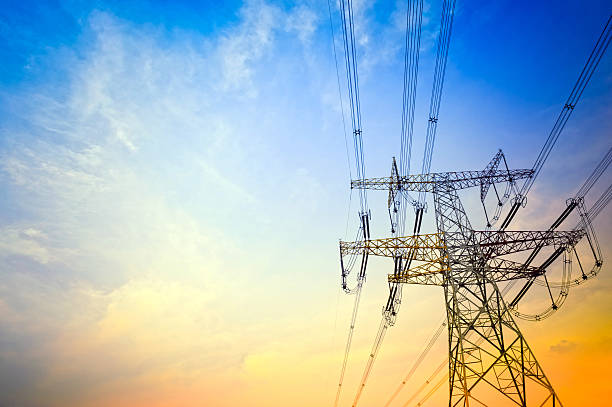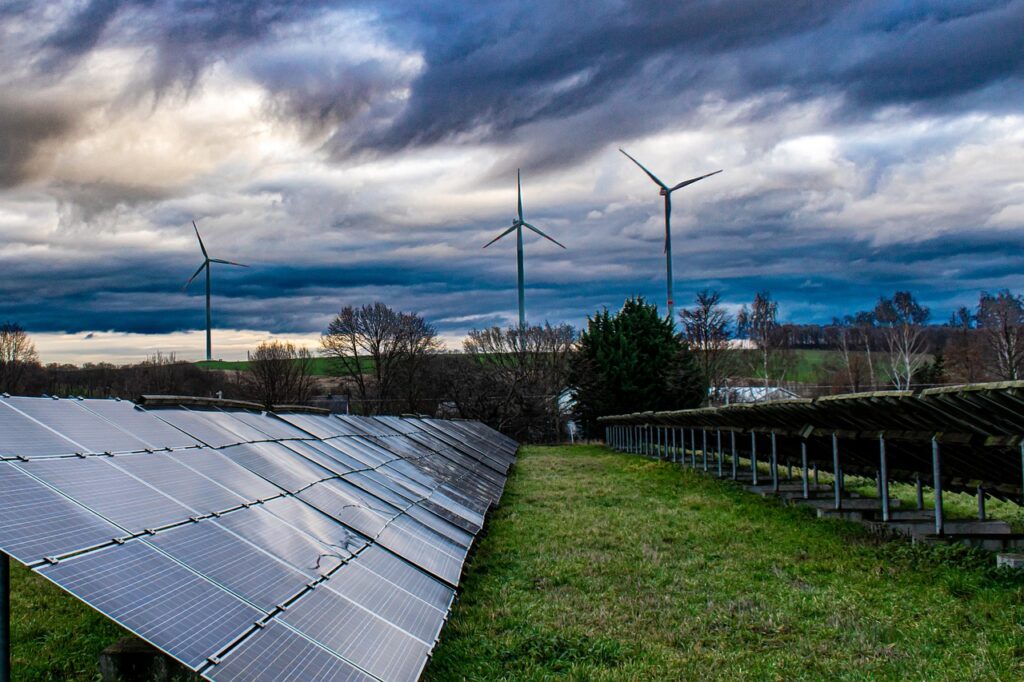According to the United Nations Climate Change report on 27th October 2020, the African continent is particularly vulnerable to the impacts of climate change, with many of its countries experiencing severe droughts, flooding, and other extreme weather events. These events, if not prevented or mitigated, can significantly impact the sustainability of electricity systems in Africa. These systems are critical for the economic development and well-being and economic development of African communities.
In the report by the United Nations Office of the Special Adviser on Africa, the impact of climate change on Africa’s electricity systems was discussed, highlighting the need to learn from the effect of COVID-19. Also, a report by the International Energy Agency (IEA) in 2020 shows that Africa is projected to experience increasing climate hazards for the remainder of the 21st century, which would pose a challenge to hydropower generation in Africa.
Many countries on the continent are heavily reliant on hydropower, which is particularly vulnerable to the effects of climate change. In countries such as the Democratic Republic of Congo (DRC), Ethiopia, Malawi, Mozambique, Uganda, and Zambia, the share of hydropower in electricity generation exceeds 80 per cent. In many cases, droughts can reduce the amount of water available for generating electricity, leading to power outages and disruptions in service. This is one instance of the impacts of climate change on the sustainability of electricity systems.
Research by the Oak Ridge National Library further reveals how climate change can exacerbate existing challenges with the transmission and distribution of electricity. Extreme weather events, such as floods and storms, can damage power lines and other infrastructure, leading to interruptions in service. In addition, rising sea levels can pose a threat to coastal power plants and other infrastructure.
In order to deal with these problems, many African nations are looking into new methods for producing and distributing power that are more resistant to the effects of climate change. Investing in environmentally friendly energy sources that are less susceptible to the impact of climate change, including solar and wind power, is one strategy. Moreover, a lot of nations are making investments in energy storage innovations like batteries and pumped hydro, which can assist in guaranteeing that electricity is accessible even during times when production is low.
Another essential step is investing in more robust and intelligent power infrastructure, such as microgrids and distributed energy resources. This can assist in ensuring that electricity is accessible even if the main grid is interrupted, as well as updating power lines and other infrastructure to better resist extreme weather events.
In the end, addressing the impact of climate change on the sustainability of electricity systems in Africa would need ongoing investment and innovation. However, with the right policies and investments, it is possible to create more dependable and long-lasting electricity systems that can support regional economic growth and enhance the quality of life for populations.



